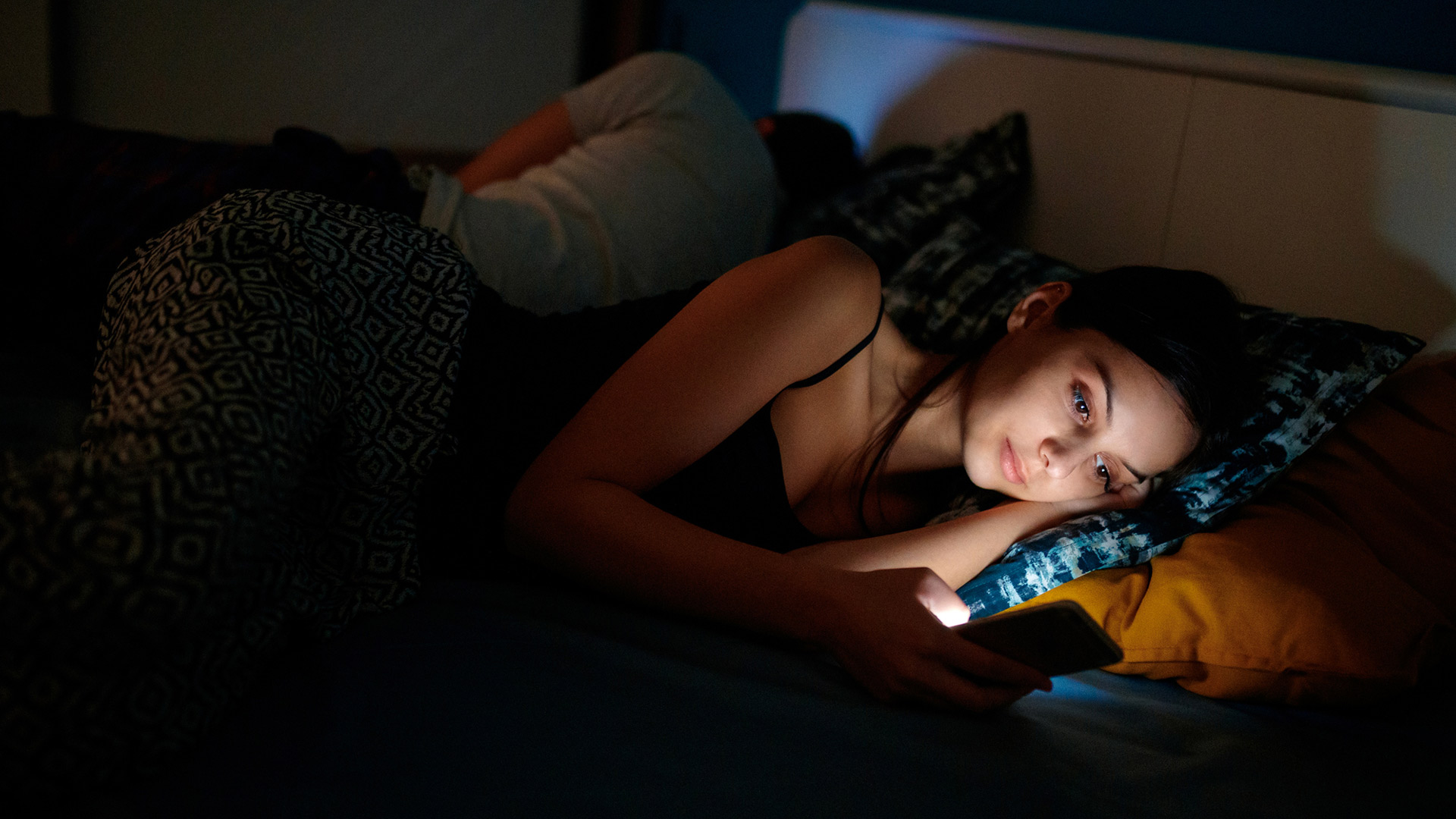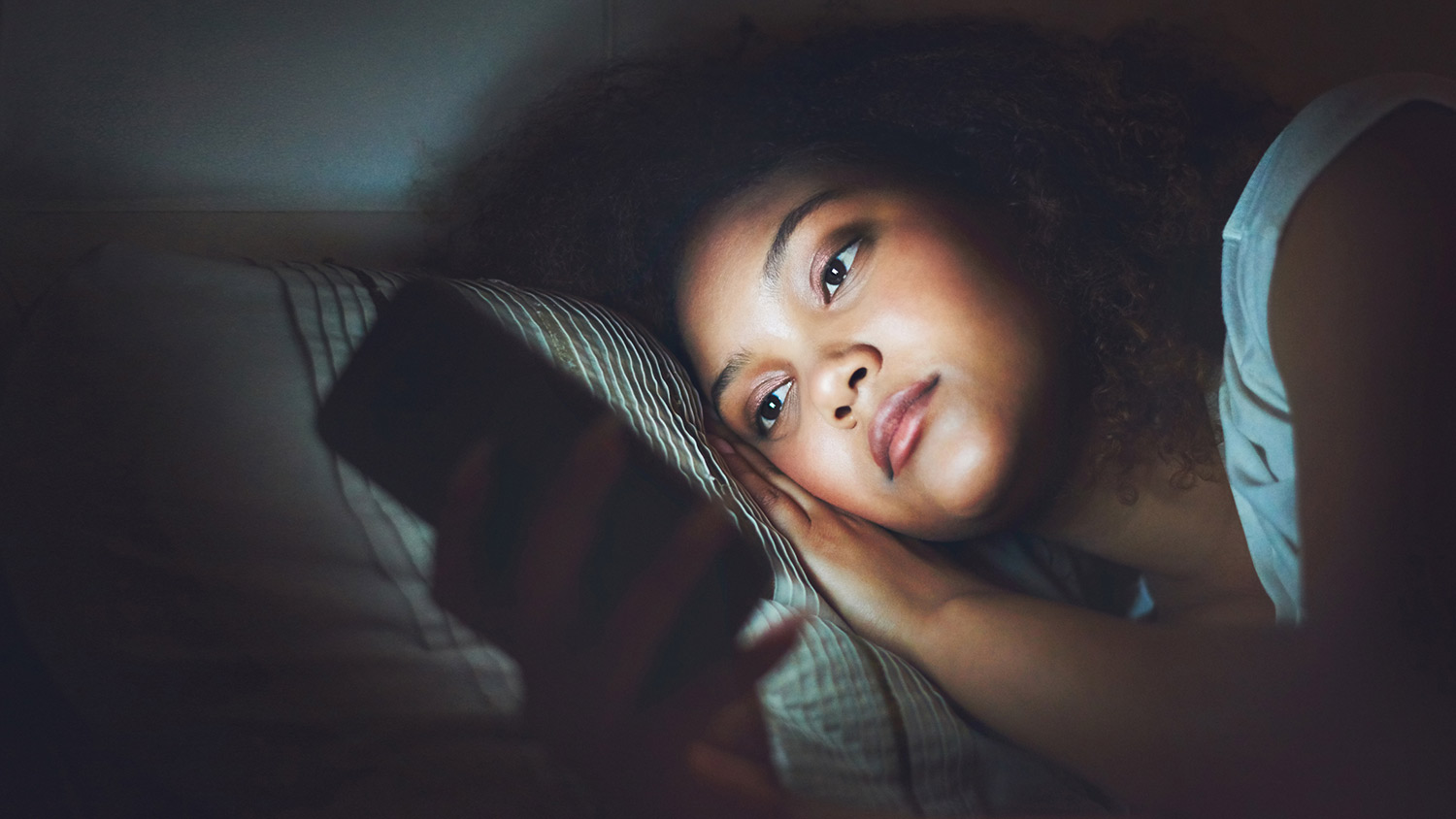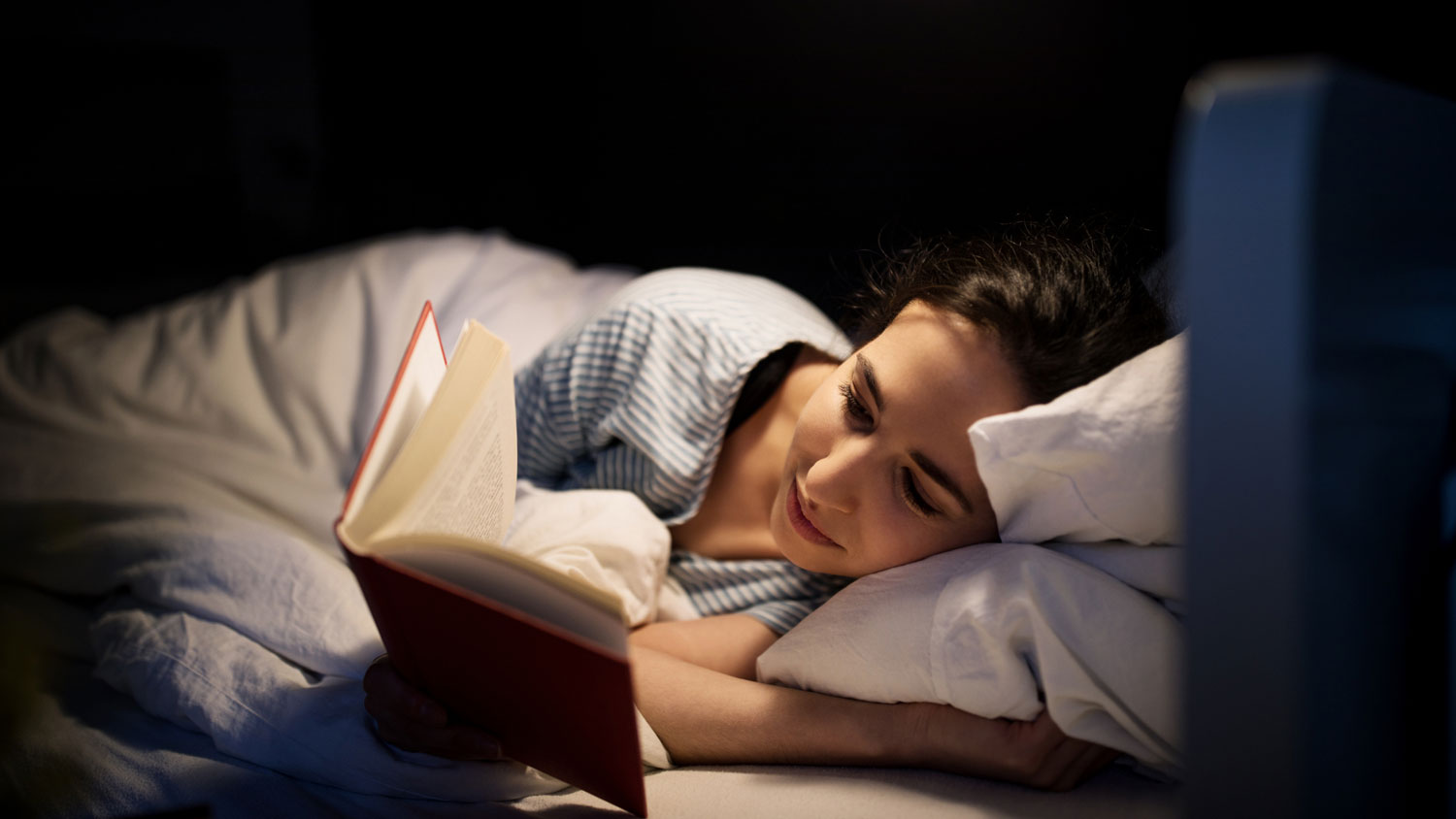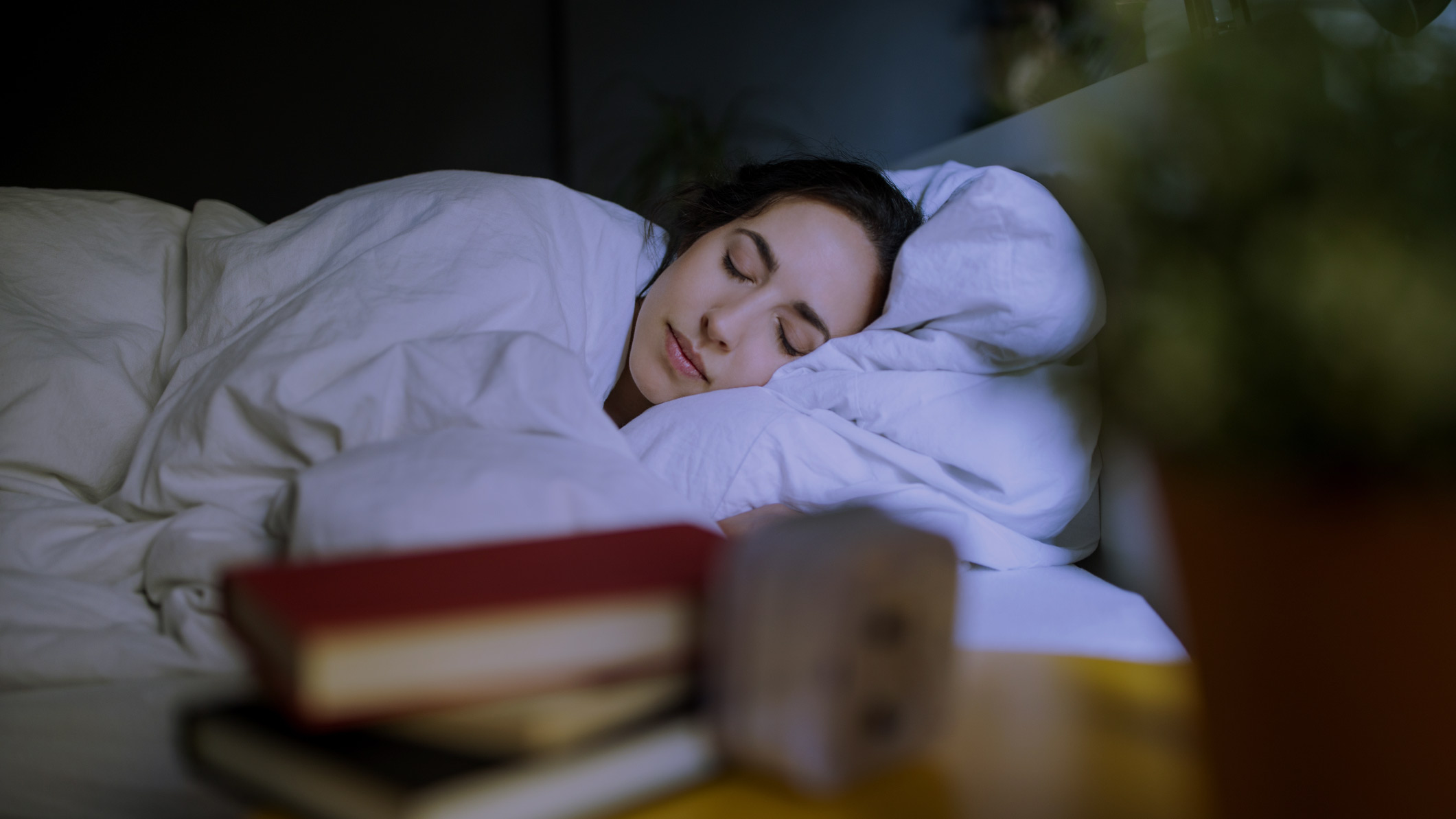
We now all live in a world of multiple screens - at home, work and even on the commute, but how much does your screen time affect how well you sleep?
Multiple factors affect how well we sleep - from our diets to how stressed we are, however, if you’re glued to your screens, from your smartphone to your laptop, it will impact your hormones, which are associated with sleep - making it harder for you to fall asleep and stay asleep.
We investigate how much screen time affects our sleep - and ask Alison Jones, a sleep expert at Sealy UK if all screens impact our ability to nod off, how we can reduce their impact and how the best mattress and best pillow can help you sleep better.
Does screen time affect sleep?
Simply put, yes, so if you’re answering that late-night email or you're glued to the latest video game, just before you call it a night, it will impact your quality of sleep and how quickly you fall asleep.
One study, in 2015, which looked at the impact of screens on children's sleep found that screen time was associated with shorter sleep durations, while another study in 2018 found that light-emitting devices increased alertness and decreased sleepiness before bedtime in young adults.
How do screens affect your sleep?

Our sleep is controlled by our circadian rhythm, which helps to regulate our sleep-wake cycle; that is, the time we wake up in the morning and when we start to feel tired at night,.
Jones explains it in more detail: “The blue light emitted by your screen restrains the production of melatonin, the hormone that controls your sleep-wake cycle.
"Blue light is the part of the light spectrum most active in your sleep cycle, and stimulates the brain, making it even more difficult to fall asleep and wake up the next day."
When should you turn off your screens in the evening?
Experts advise us to turn off our screens at least an hour before we go to bed - and yes, that means the TV and smartphones too. Get into the habit of having a relaxing bedtime routine and either reading or meditating before you go to bed - replying to that latest Twitter thread really can wait until the morning.
If you struggle to get into this routine and feel lost without your devices, start with 10 minutes and increase it by 10 minutes every few days. Forming bedtime habits, which don't include staring at screens, is a healthy way for your brain to switch off - signalling to them it's time to go to sleep.
3 ways to avoid using screens in the evening

Put your screens away - "It’s natural instinct to check a notification if your phone goes off, but this can have a detrimental impact on both the time you fall asleep and the quality of your sleep," says Jones. "Switching your devices off before you head to bed allows you to switch off mentally and physically, ensuring you get a good night’s sleep."
Create a personal bedtime routine - The sleep expert says we should bespoke our bedtime routine - so pick whatever works for you and helps you to unwind. She suggests: "Winding down with a shower, taking a long bath with some music, heading out for a walk with a podcast, or snuggling up in the sheets with a good book. Not only are all these activities reducing your time with screens, but they are helping you reset even before your head hits the pillow, so you can wake up refreshed."
Swap your screen for a smartwatch - New research by Samsung shows that a third (34 per cent) of us want to try new things to improve our sleep quality. This includes 21 per cent of us wanting to track sleep metrics. The best smartwatches have sleep tracking, while some, including Samsung's Galaxy Watch 5, have sleep coaching notifying you when it’s a good time for you to start to get ready for bed, based on an analysis of your sleeping pattern. In the process of winding down, it also suggests content that will help you sleep better such as evening stretches or when to put your phone away.
Is TV or your phone worse before bed?
Most of us have at least one screen on the go in the evenings, if not two - scrolling on our phones while we're bingeing the latest TV show. But which one is worse for us?
"The closer you hold phones, tablets and laptops to your face, the more concentrated the light, and the more it will affect you. If you insist on screen time in the evenings, consider watching TV from a short distance away, to give those tired eyes a rest," explains Jones.
The sleep expert goes on to add that it's the blue light you want to avoid when you’re about to head to bed. "If you have an urgent text to send, a timely email, or simply have to know if that celebrity couple has split up, try turning down your phone brightness. A softer light on your eyes means less impact on your eyes, better sleep, and a more energised day ahead. "
How to reduce the impact of screen time on your sleep

If you're a screen addict there are ways to reduce the impact of screen time on your sleep. Check to see if your tablet, smartphone or laptop has a way to reduce the amount of blue light emitted - around 2 hours before your bedtime activate night mode or use a blue light filter app or glasses.
Establishing a screen curfew is also a great way to help you wind down and avoid using electronic devices. Ideally, aim for at least an hour before bedtime. This allows your body and mind to relax and prepare for sleep without the stimulating effects of screens.
If you're struggling to put down your devices Jones goes on to say: "Create a cosy space that makes you actively not want to be on your screens. Decorate with warm colours, introduce natural oils, and choose a comfortable mattress or pillow that makes you doze off as soon as your head hits the pillow."







